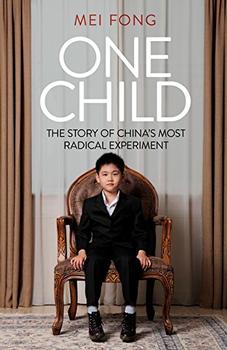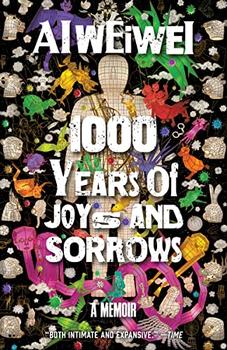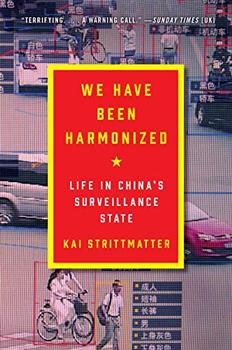Summary | Excerpt | Reading Guide | Reviews | Read-Alikes | Genres & Themes | Author Bio

The Story of China's Most Radical Experiment
by Mei FongAn intimate investigation of the world's largest experiment in social engineering, revealing how its effects will shape China for decades to come and what that means for the rest of the world
When Communist Party leaders adopted the one-child policy in 1980, they hoped curbing birthrates would help lift China's poorest and increase the country's global stature. But at what cost? Now, as China closes the book on the policy after over three decades, it faces a population grown too old and too male, with a vastly diminished supply of young workers.
Mei Fong has spent years documenting the policy's repercussions on every sector of Chinese society. In One Child, she explores its true human impact, traveling across China to meet the people who live with its consequences. Their stories reveal a dystopian reality: unauthorized second children ignored by the state, only children supporting aging parents and grandparents on their own, villages teeming with ineligible bachelors. Fong tackles questions that have major implications for China's future: whether its Little Emperor cohort will make for an entitled or risk-averse generation; how China will manage to support itself when one in every four people is over sixty-five years old; and above all, how much the one-child policy may end up hindering China's growth.
Weaving in Fong's reflections on striving to become a mother herself, One Child offers a nuanced and candid report from the extremes of family planning.

If you liked One Child, try these:

1000 Years of Joys and Sorrows
by Ai Weiwei
Published 2022
In his widely anticipated memoir, "one of the most important artists working in the world today" (Financial Times) tells a century-long epic tale of China through the story of his own extraordinary life and the legacy of his father, the nation's most celebrated poet.

by Kai Strittmatter
Published 2021
Hailed as a masterwork of reporting and analysis, and based on decades of research within China, We Have Been Harmonized, by award-winning correspondent Kai Strittmatter, offers a groundbreaking look at how the internet and high tech have allowed China to create the largest and most effective surveillance state in history.